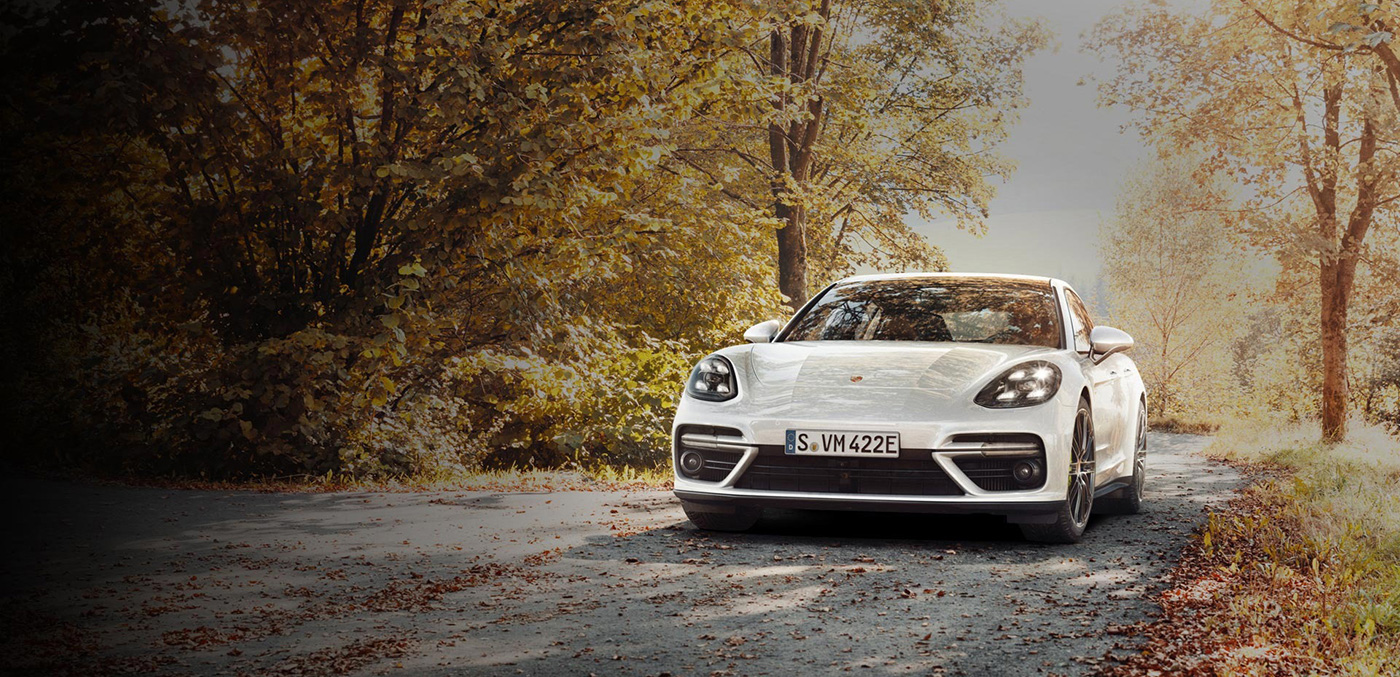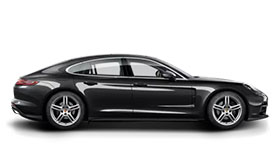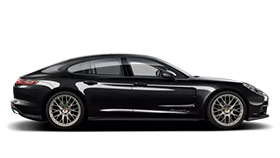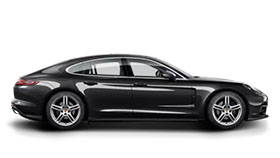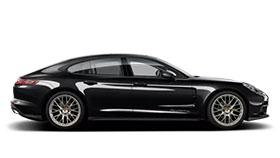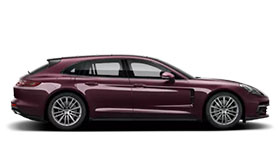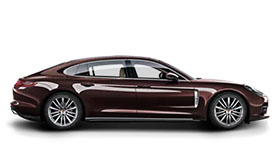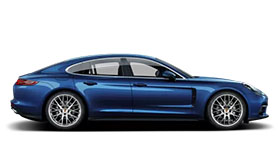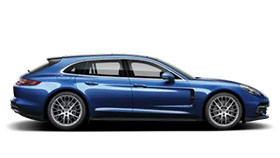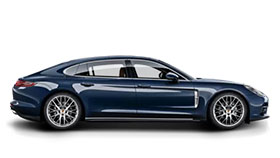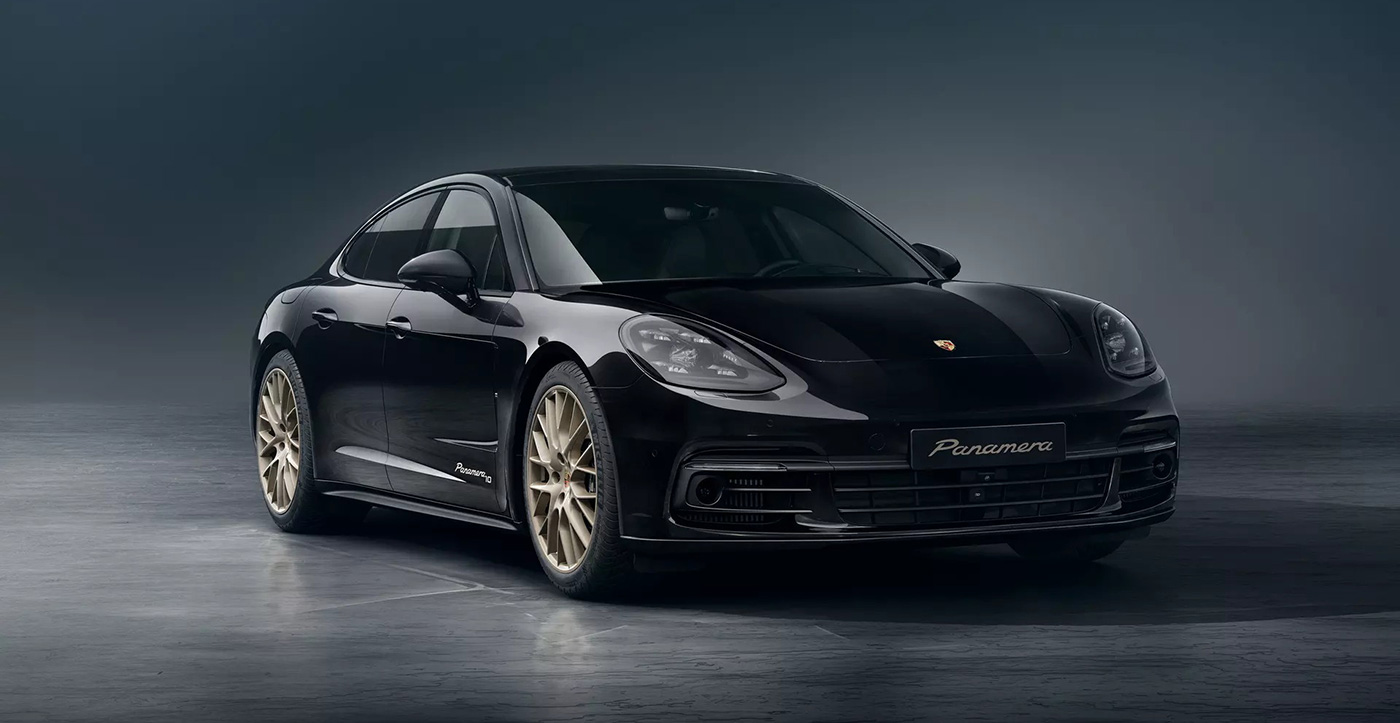Porsche Riverside
8423 Indiana Ave. Riverside, CA 92504Check Out Our Inventory
2020 Porsche Panamera Overview 
2020 Porsche Panamera in Riverside
Porsche Panamera Dealer in Riverside
2020 Porsche Panamera Performance 
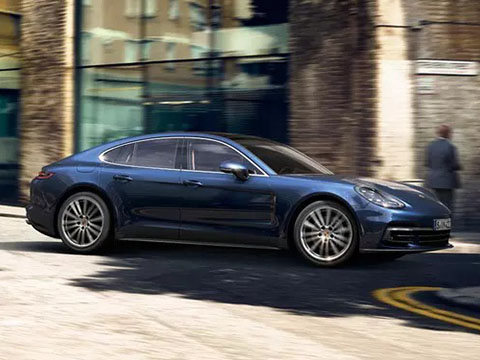
Performance
“That’s the way we’ve always done it.” Not really a sentence to inspire change. Except at Porsche. That’s because we’ve always made each new generation of engines higher-performing, more dynamic and more efficient than the last. The new engine generation of the Panamera models now takes the next significant step forwards.
The all-new twin-turbo V6 engine in the Panamera 4S is lighter and more compact than its predecessor and comes equipped with VarioCam Plus. The two turbochargers are now positioned in between the cylinder banks. This reduces the distance that the exhaust stream has to travel to reach the respective turbo – delivering a more rapid response.
The direct fuel injection in the new generation of engines is realized by a central injector inside the combustion chamber. This optimizes both the mixture injection and combustion – for greater efficiency and increased power delivery.
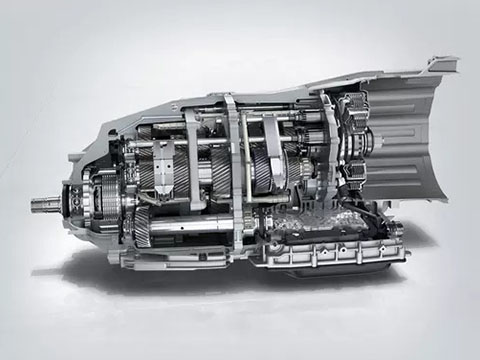
New 8-speed Porsche Doppelkupplung (PDK)
Getting more power from an engine is worthwhile only when you know where it needs to go. And how quickly and effectively. The latest Panamera models are therefore equipped with a newly developed 8-speed Porsche Doppelkupplung (PDK), which translates the tremendous drive force of the respective engine into the acceleration expected of a sports car.
Gears 1 to 6 have a sports ratio and top speed is reached in 6th gear. 7th and 8th gear have a long ratio, which helps to keep engine revs low even at high road speeds – for efficient and comfortable driving over long distances. The precise gearshifts take place in milliseconds with no discernible interruption in the flow of power – as you would expect of a sports car.
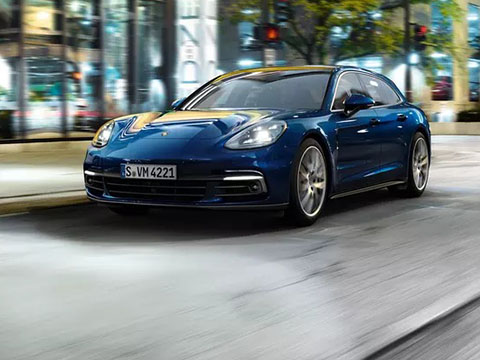
Porsche Traction Management (PTM)
All Panamera models are equipped with Porsche Traction Management (PTM). This active all-wheel drive with electronic and map-controlled multi-plate clutch ensures the optimum distribution of drive force whatever the driving situation – for excellent acceleration power on long straights, through tight corners and on road surfaces with varying grip.
The multi-plate clutch regulates the distribution of drive force between the rear axle and the front axle. Driving conditions are constantly monitored, enabling the system to respond to a variety of situations. Sensors check, among other variables, the rotation speeds of all four wheels, the longitudinal and lateral acceleration of the vehicle, and the steering angle. If the rear wheels threaten to spin under acceleration, a greater proportion of drive force is distributed to the front by a more powerful engagement of the multi-plate clutch.
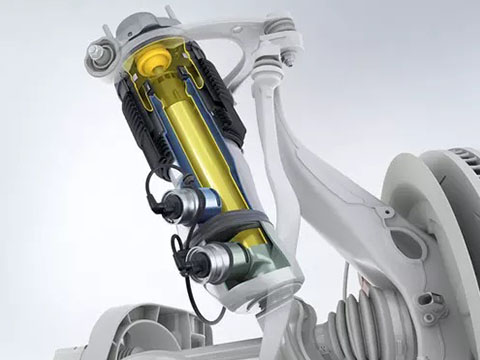
Chassis
Whether you’re behind the wheel or occupying a passenger seat in the front or rear: in a Porsche, every drive should feel like sport, not transport.
The chassis of the new Panamera models performs this balancing act between sport and comfort effortlessly – and in the most masterful way possible: with further-developed, optional chassis technologies. Examples include the adaptive air suspension with three-chamber technology boasting a 60 % greater air capacity than that of the predecessor, new Porsche Dynamic Chassis Control Sport (PDCC Sport) and rear-axle steering. What’s also new is the integrated Porsche 4D Chassis Control system, which centrally analyses the driving situation in all three spatial dimensions, e.g. pitch, roll and yaw, computes optimum driving states from these data, and synchronizes all chassis systems in real time: the fourth dimension. The objective is to optimize overall performance, and to make the middle ground between sporty driving and comfort as expansive as possible.
2020 Porsche Panamera Comfort 
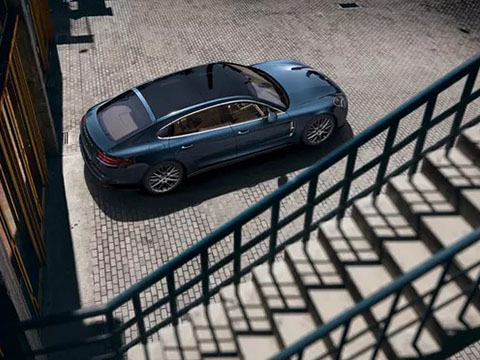
Panoramic sunroof
The tinted glass panels of the new panoramic sunroof on the Panamera models create a particularly bright and pleasant lighting mood in the interior. The two-piece panoramic sunroof can be tilted and opened electrically at the front.
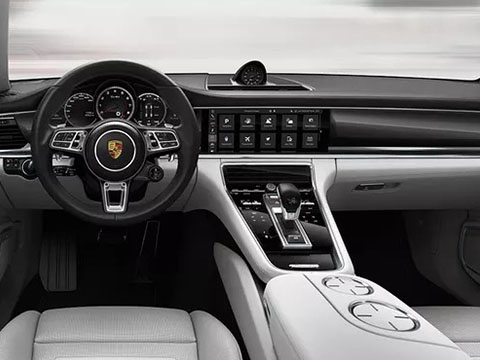
Interior
Sporty, for an outing on the racetrack. Comfortable, for a long journey in a party of four. There is no ‘either–or’. That’s the Panamera. Its ingenious sports car ergonomics are centered on the driver and on performance – without disregard for the well-being of passengers.
Let’s give you some examples. Ascending center console: enabling quick hand movements from the steering wheel to the gear selector. New control and display concept: Porsche Advanced Cockpit with newly styled centre console in glass look and touch-sensitive buttons arranged in logical groups. High-resolution 12-inch touchscreen display. Instrument cluster with analog tachometer positioned in the middle, flanked on the left and right by two high-resolution displays. Multifunction sports steering wheel.
And what else? You decide: seat variants, leather or two-tone interior schemes? Fine woods, aluminium or carbon? More sporty? More luxurious? Both? Thanks to our extensive range of personalization options, the possibilities for you and your wishes are virtually boundless.
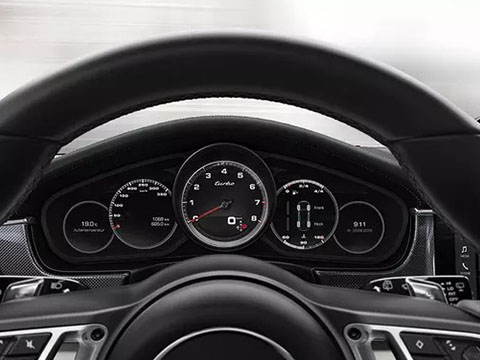
Instrument cluster
Analog meets digital: the new instrument cluster of the Panamera models is reminiscent of Porsche motorsport history – and, at the same time, it is as modern as only it can be.
In the middle and in direct view of the driver is the analog tachometer, its needle integral to its truly classic design. To the left and right, two high-resolution displays provide you with a variety of information as and when you need it, such as the navigation map or Night Vision Assist.
On the left-hand side of the tachometer is the speedometer. In its center, you can see data relating to adaptive cruise control, for example. In the display field on the outer left, you can choose to show the speed limit indicator, traffic sign recognition or the external temperature.
On the right-hand side, the possibilities are even more varied. The inside display field is occupied by information from the on-board computer, the fuel gauge or the residual range. In the field on the outside right, you can see the time. And there’s also the option of viewing the map of the navigation system.
2020 Porsche Panamera Safety 
New Car Limited Warranty & Porsche 24-Hour Roadside Assistance Program for 4-Years / 50,000 Miles (whichever occurs first)
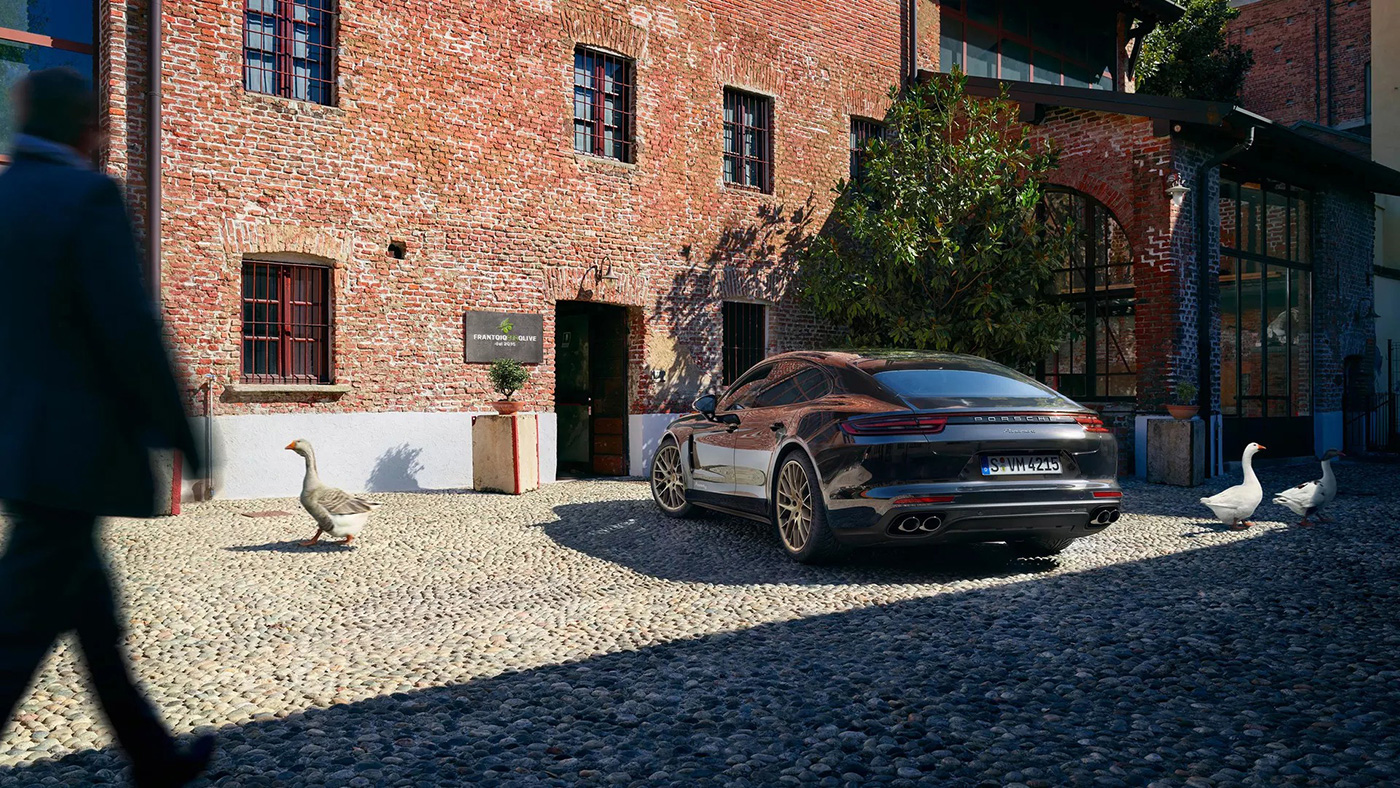
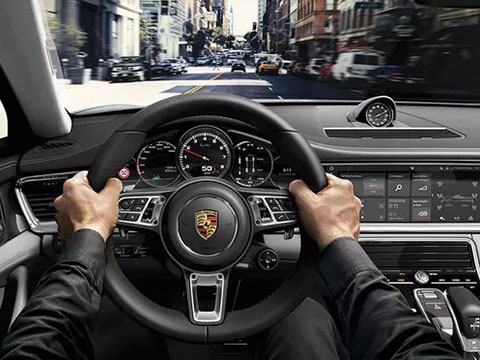
Adaptive Cruise Control (ACC)
This system regulates the speed of your Panamera fully independently in line with the speed of the vehicle in front. Radar sensors on the front end scan the road ahead. Let’s imagine you’ve selected a cruising speed but have begun to gain on the vehicle in front because it is driving more slowly – the system reduces the speed of your vehicle by restricting throttle or gently applying the brakes until your chosen distance from the vehicle in front is restored.
Your Panamera now continues to maintain this distance from the vehicle ahead. If it brakes even more, Adaptive Cruise Control will reduce your speed accordingly – even down to a halt. As soon as the road ahead clears, your vehicle will accelerate back up to the cruising speed originally set.
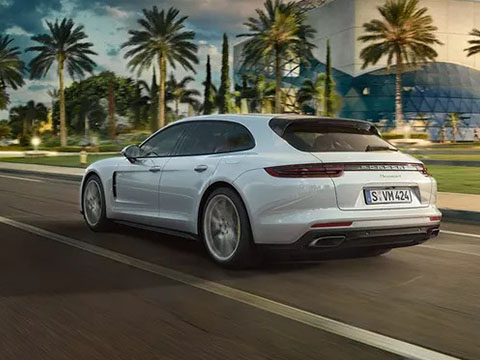
Lane Change Assist with Turn Assist
Lane Change Assist uses radar sensors to monitor the areas to the rear of the vehicle and the blind spots on either side. As you move to change lane, the system issues a visual warning signal in the exterior mirrors if another vehicle is rapidly approaching your vehicle from behind or is residing in one of your blind spots. The function can be activated in PCM as required.
During low-speed turns, new Turn Assist improves safety at the rear. When approaching an intersection, Turn Assist issues a visual warning if it detects objects approaching in the blind spots behind your vehicle.
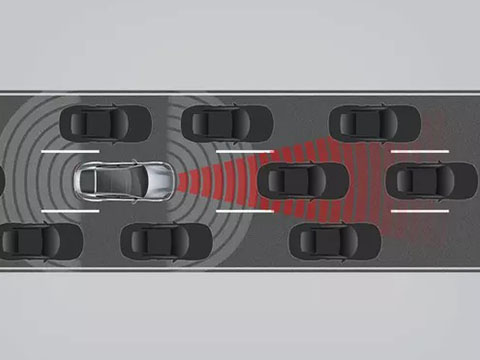
Lane Keep Assist including traffic sign recognition and cornering notification
Lane Keep Assist is a camera-based system for automatic detection of divider line markings on the road. The system eases the burden on the driver by providing steering assistance, helping to keep the vehicle in lane.
Integrated traffic sign recognition uses a camera and navigation data to detect speed limits and ‘no passing’ zones. Information is displayed in the instrument cluster. The advantage over information stored in the navigation database is that even temporary speed restrictions can be detected.
New for Porsche is the corner notification, an enhancement to the traffic sign recognition function. Based on navigation system data and camera recognition of cornering road signs, the system displays an arrowed direction warning on the instrument cluster display alerting you to tight corners. Long before you reach them.
2020 Porsche Panamera Specification 
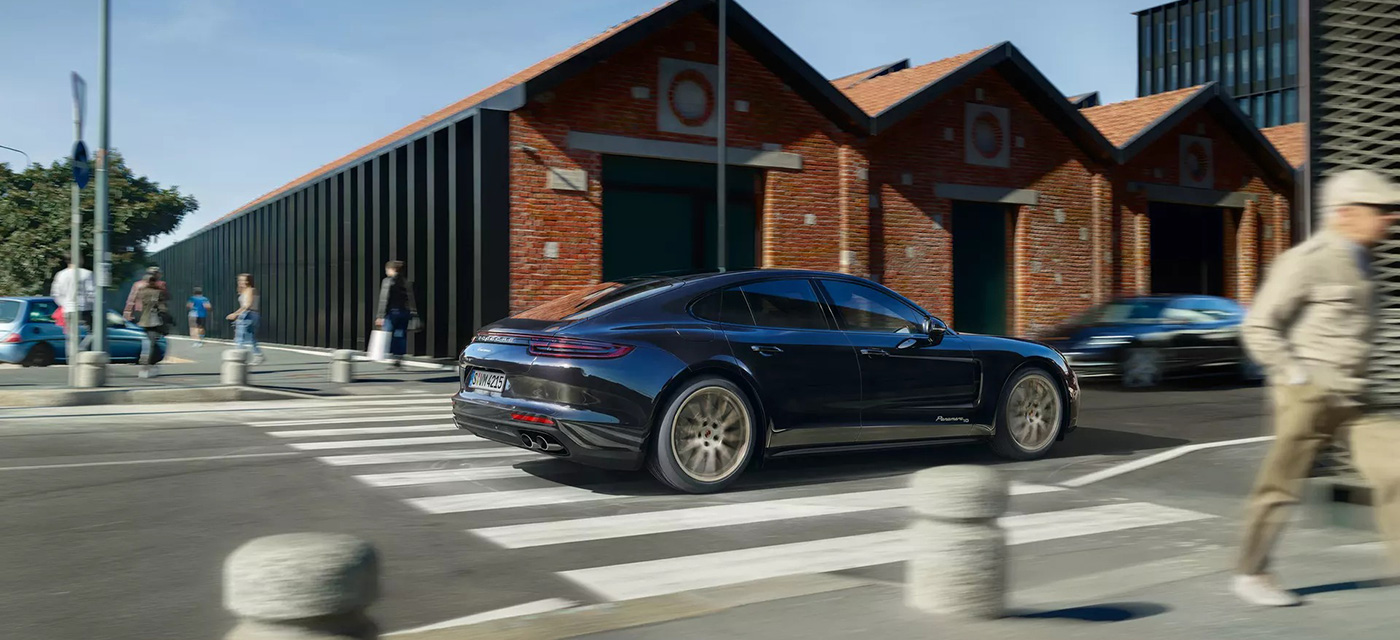
Specs reflect base model unless otherwise noted.
Check Out Our Inventory
Disclaimers
- * For up-to-date pricing and disclaimer information please contact your local dealer.
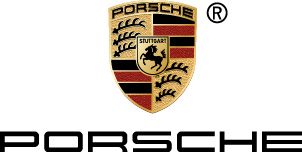
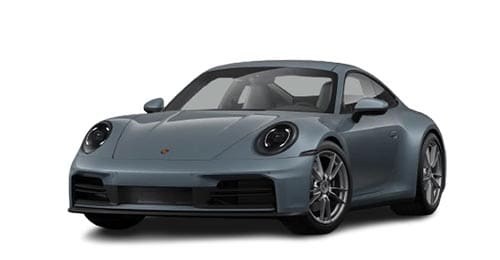 2026 911 Carrera
2026 911 Carrera
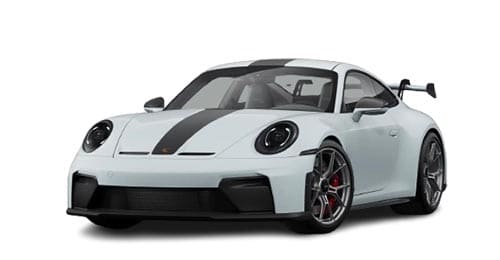 2026 911 GT3
2026 911 GT3
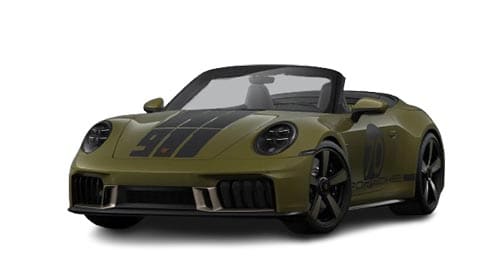 2026 911 Spirit 70
2026 911 Spirit 70
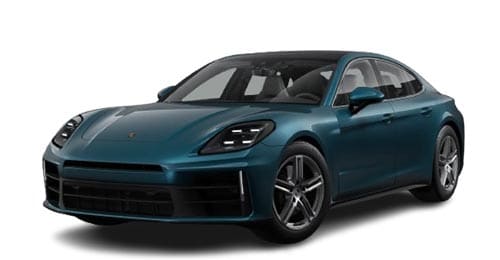 2026 Panamera
2026 Panamera
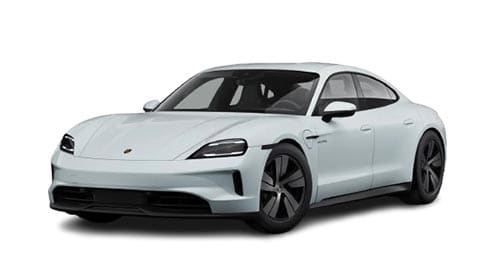 2026 Taycan
2026 Taycan
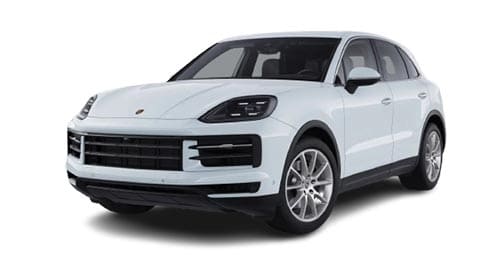 2026 Cayenne
2026 Cayenne
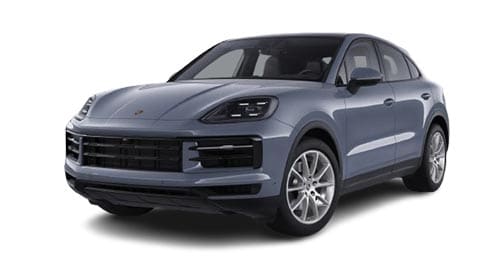 2026 Cayenne Coupe
2026 Cayenne Coupe
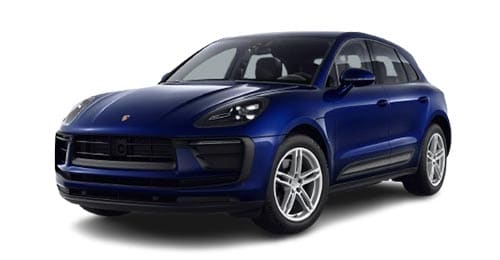 2026 Macan
2026 Macan
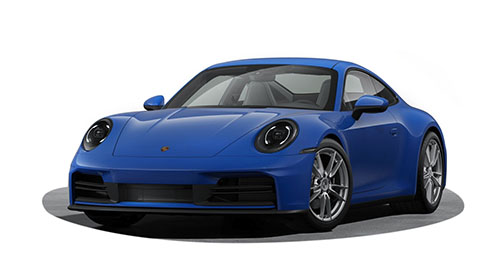 2025 911 Carrera
2025 911 Carrera
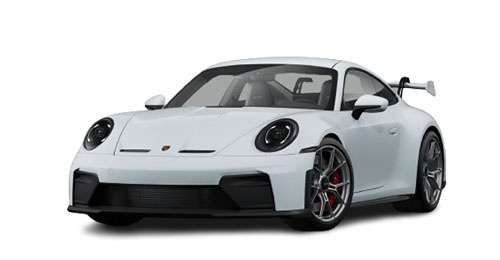 2025 911 GT3
2025 911 GT3
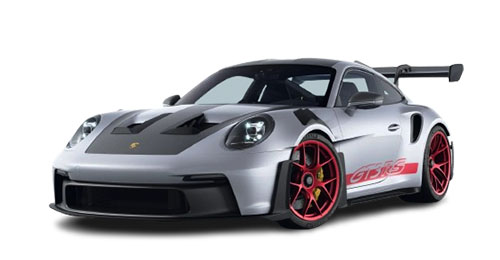 2025 911 GT3 RS
2025 911 GT3 RS
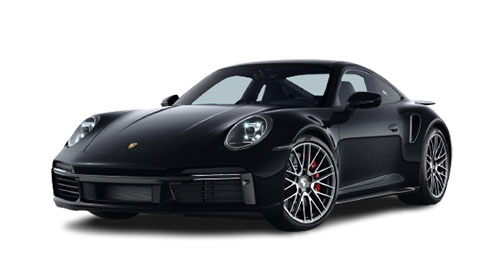 2025 911 Turbo
2025 911 Turbo
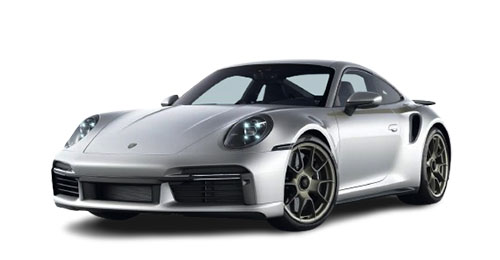 2025 911 Turbo 50 Years
2025 911 Turbo 50 Years
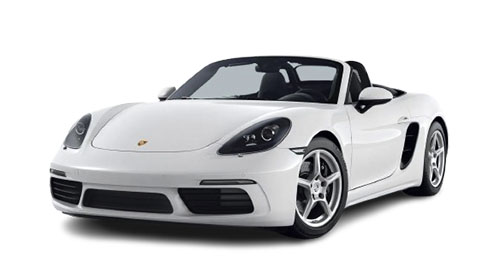 2025 718 Boxster
2025 718 Boxster
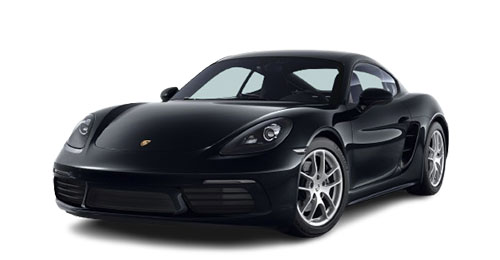 2025 718 Cayman
2025 718 Cayman
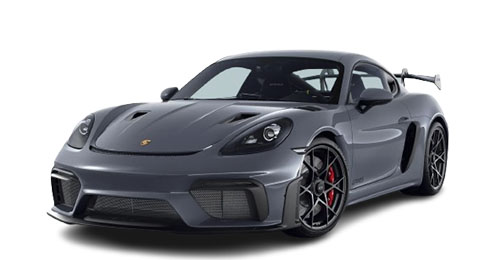 2025 718 Cayman GT4 RS
2025 718 Cayman GT4 RS
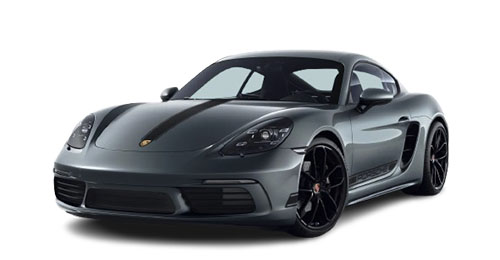 2025 718 Cayman Style Edition
2025 718 Cayman Style Edition
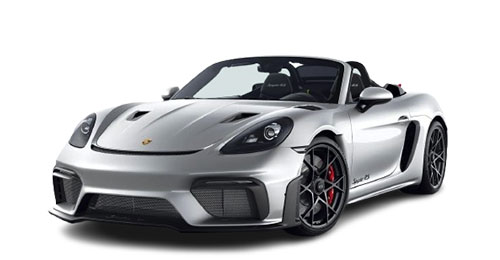 2025 718 Spyder RS
2025 718 Spyder RS
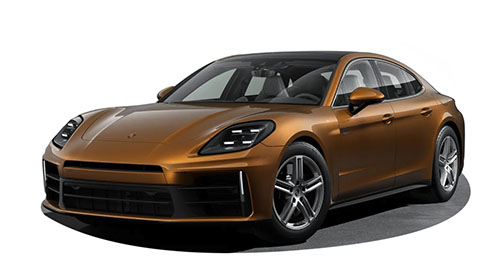 2025 Panamera
2025 Panamera
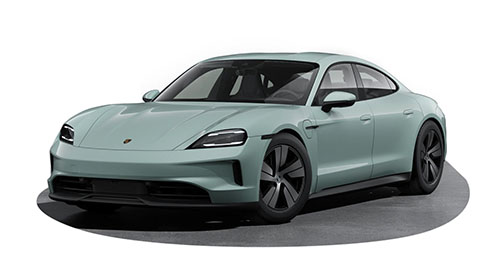 2025 Taycan
2025 Taycan
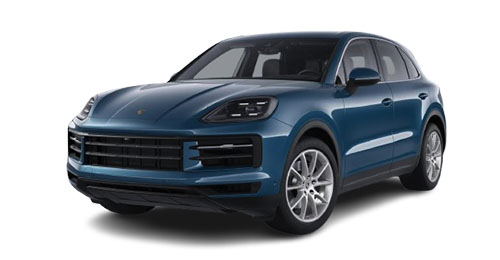 2025 Cayenne
2025 Cayenne
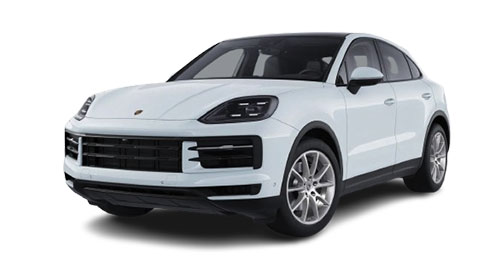 2025 Cayenne Coupe
2025 Cayenne Coupe
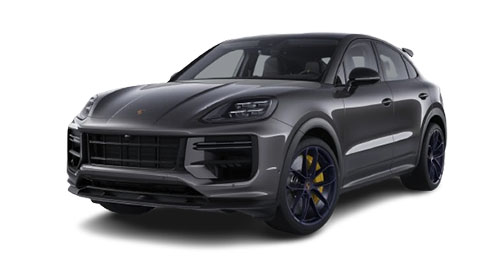 2025 Cayenne Turbo GT
2025 Cayenne Turbo GT
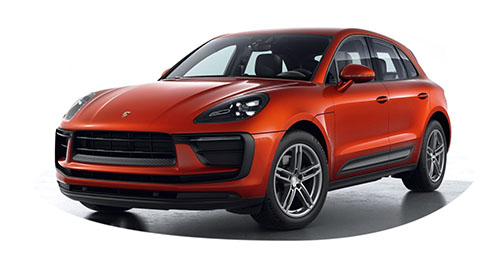 2025 Macan
2025 Macan
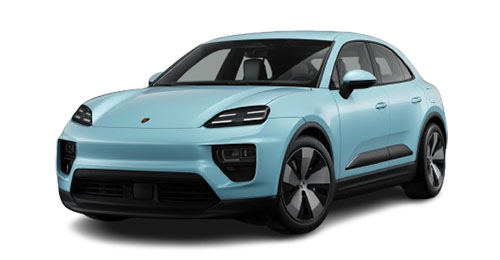 2025 Macan Electric
2025 Macan Electric
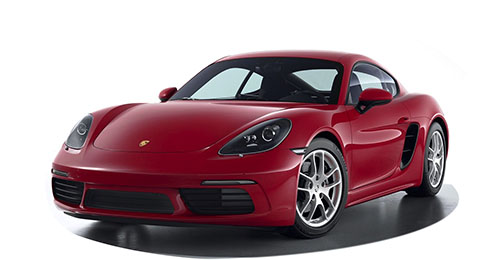 2024 718 Cayman
2024 718 Cayman
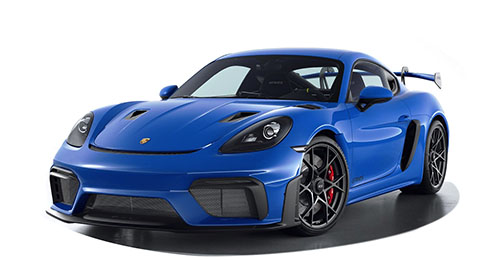 2024 718 Cayman GT4 RS
2024 718 Cayman GT4 RS
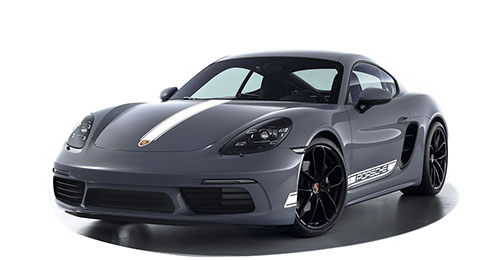 2024 718 Cayman Style Edition
2024 718 Cayman Style Edition
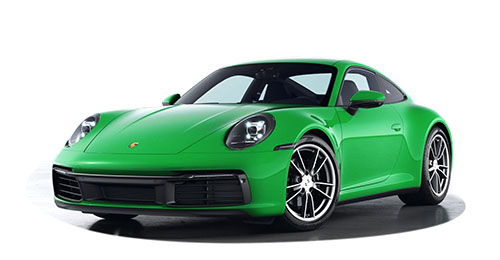 2024 911 Carrera
2024 911 Carrera
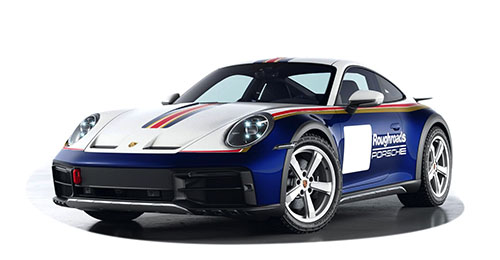 2024 911 Dakar
2024 911 Dakar
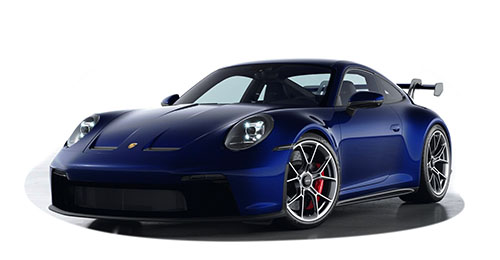 2024 911 GT3
2024 911 GT3
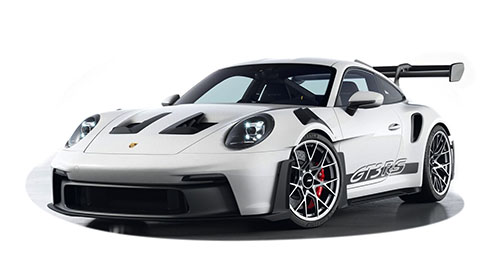 2024 911 GT3 RS
2024 911 GT3 RS
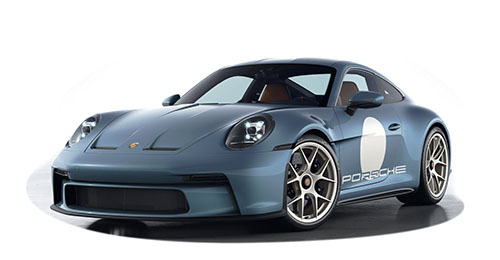 2024 911 ST
2024 911 ST
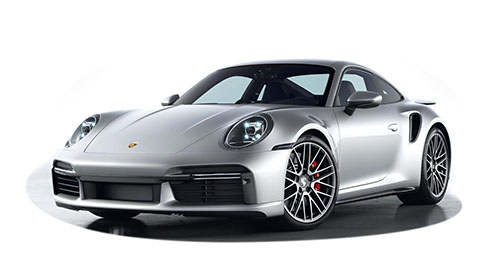 2024 911 Turbo
2024 911 Turbo
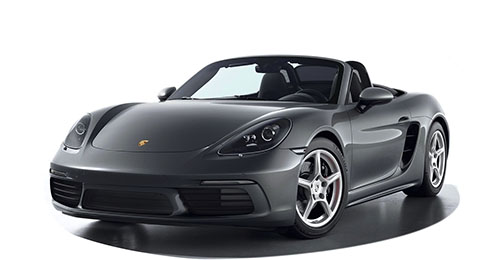 2024 718 Boxster
2024 718 Boxster
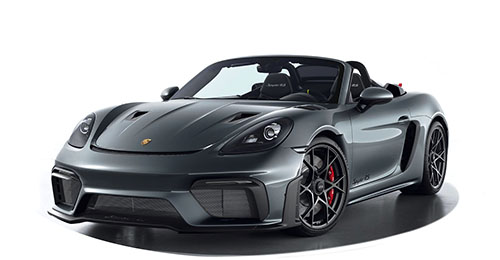 2024 718 Spyder RS
2024 718 Spyder RS
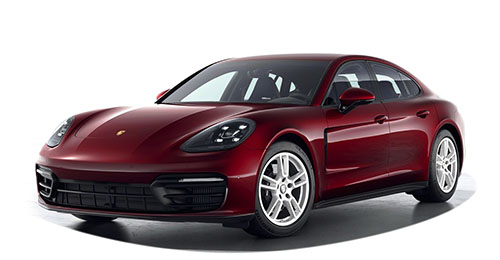 2024 Panamera
2024 Panamera
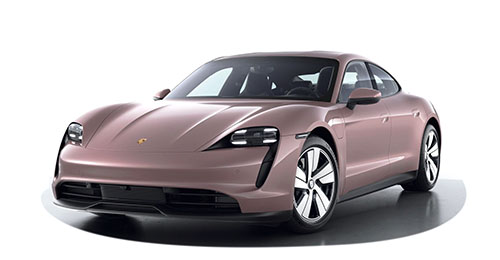 2024 Taycan
2024 Taycan
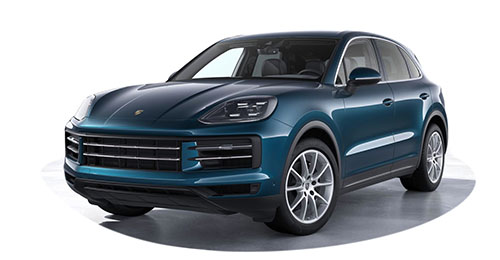 2024 Cayenne
2024 Cayenne
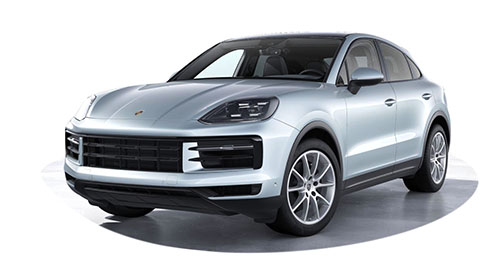 2024 Cayenne Coupe
2024 Cayenne Coupe
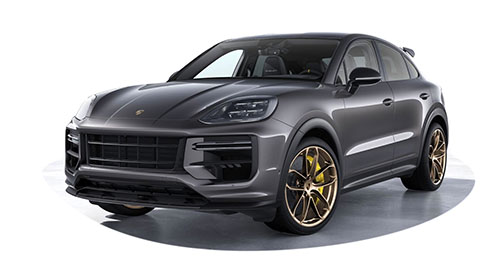 2024 Cayenne Turbo GT
2024 Cayenne Turbo GT
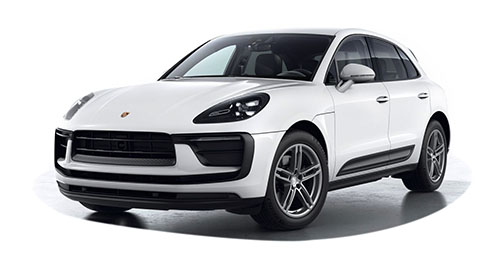 2024 Macan
2024 Macan
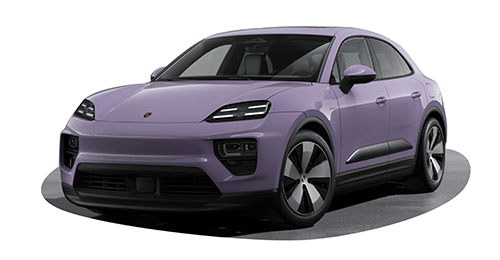 2024 Macan Electric
2024 Macan Electric
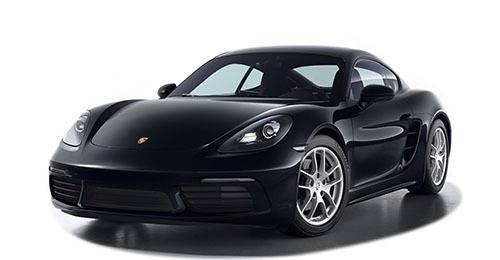 2023 718 Cayman
2023 718 Cayman
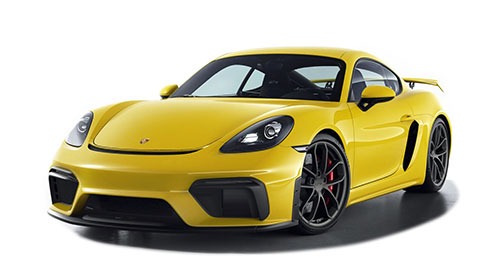 2023 718 Cayman GT4
2023 718 Cayman GT4
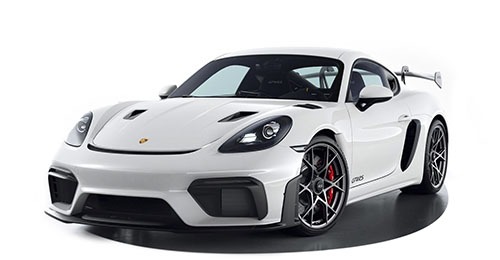 2023 718 Cayman GT4 RS
2023 718 Cayman GT4 RS
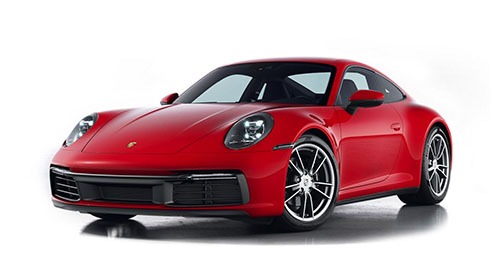 2023 911 Carrera
2023 911 Carrera
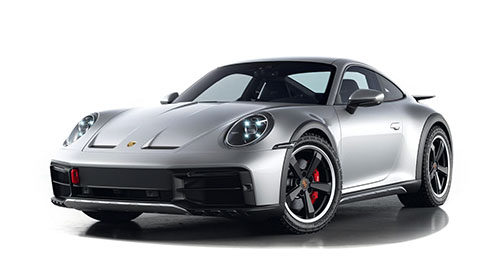 2023 911 Dakar
2023 911 Dakar
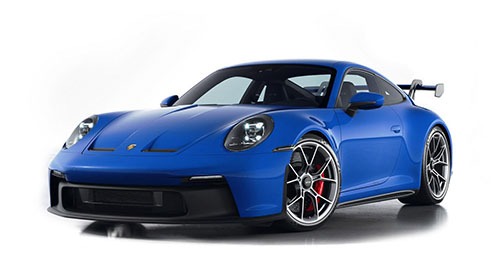 2023 911 GT3
2023 911 GT3
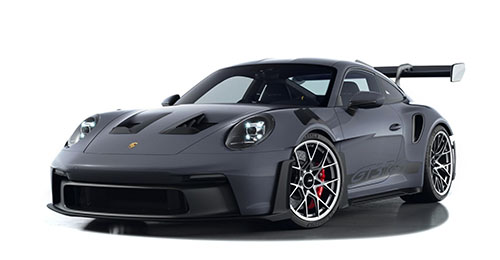 2023 911 GT3 RS
2023 911 GT3 RS
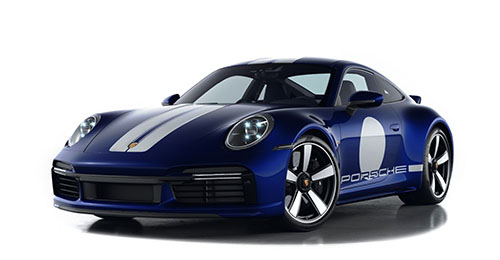 2023 911 Sport Classic
2023 911 Sport Classic
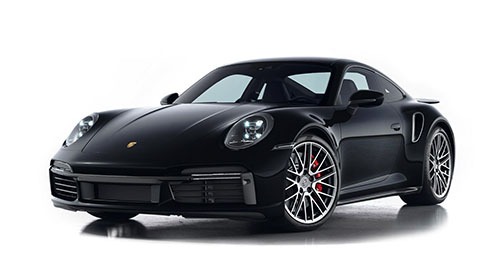 2023 911 Turbo
2023 911 Turbo
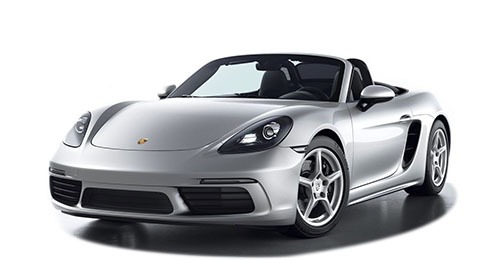 2023 718 Boxster
2023 718 Boxster
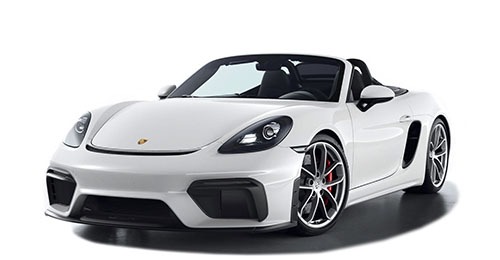 2023 718 Spyder
2023 718 Spyder
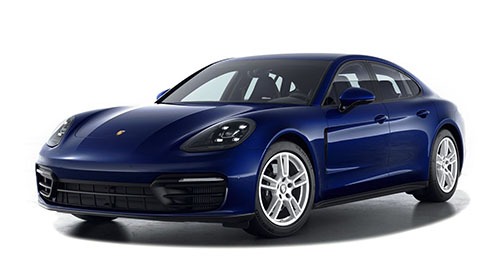 2023 Panamera
2023 Panamera
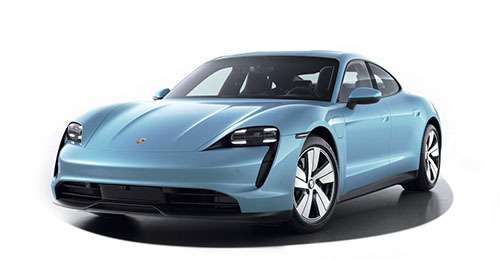 2023 Taycan
2023 Taycan
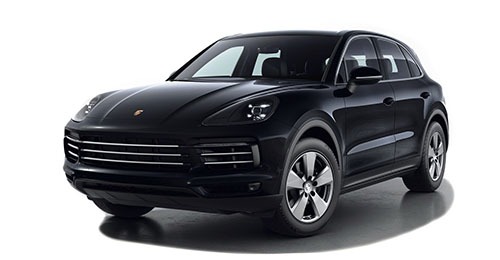 2023 Cayenne
2023 Cayenne
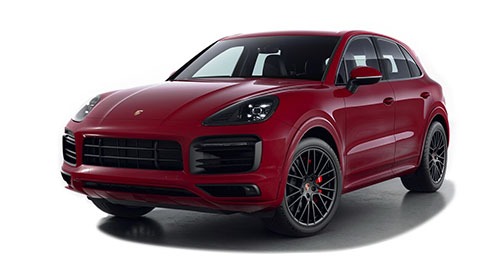 2023 Cayenne GTS
2023 Cayenne GTS
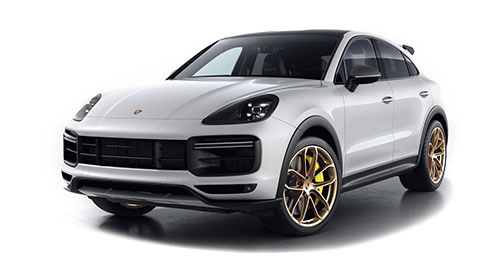 2023 Cayenne Turbo GT
2023 Cayenne Turbo GT
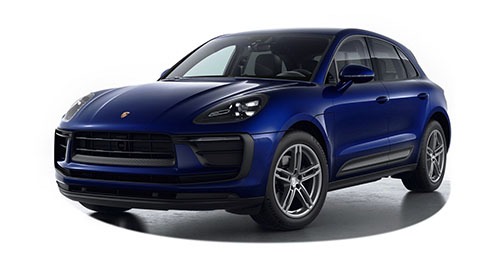 2023 Macan
2023 Macan
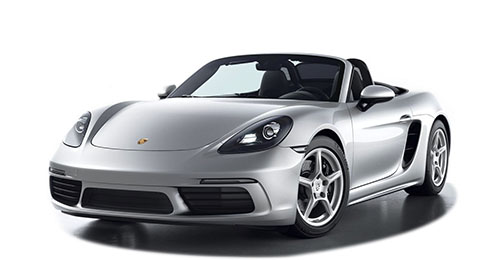 2022 718 Boxster
2022 718 Boxster
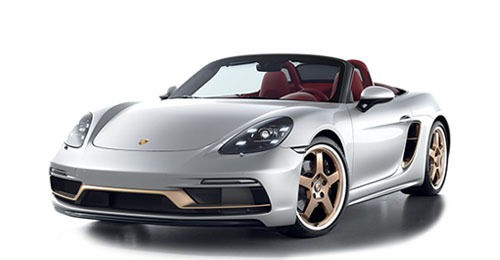 2022 718 Boxster 25 Years
2022 718 Boxster 25 Years
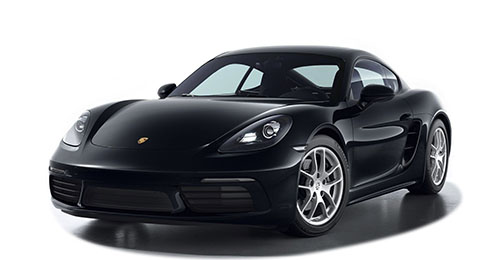 2022 718 Cayman
2022 718 Cayman
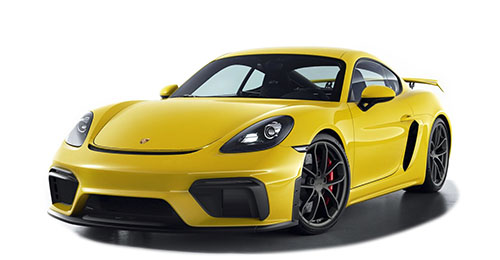 2022 718 Cayman GT4
2022 718 Cayman GT4
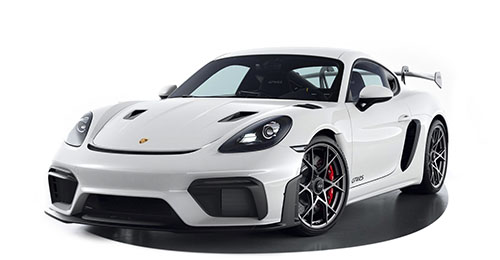 2022 718 Cayman GT4 RS
2022 718 Cayman GT4 RS
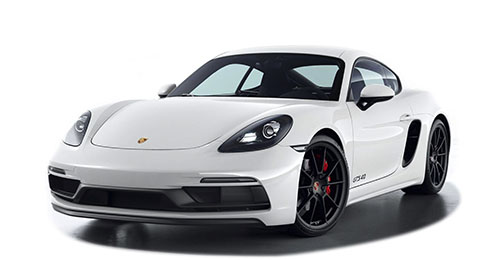 2022 718 GTS 4.0
2022 718 GTS 4.0
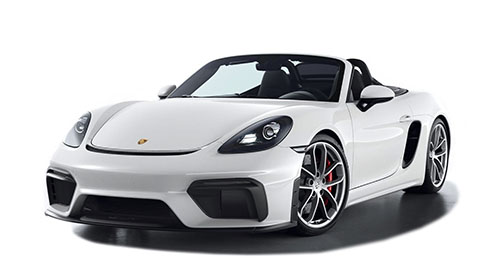 2022 718 Spyder
2022 718 Spyder
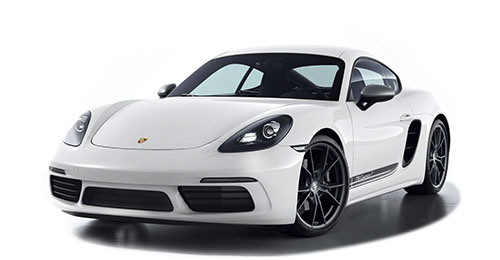 2022 718 T
2022 718 T
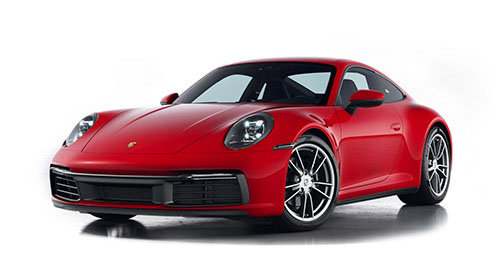 2022 911
2022 911
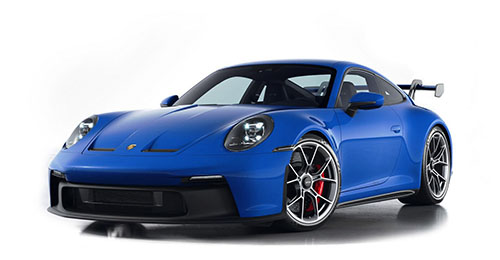 2022 911 GT3
2022 911 GT3
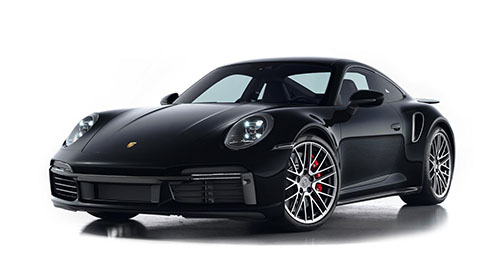 2022 911 Turbo
2022 911 Turbo
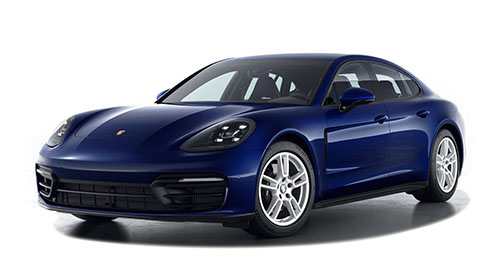 2022 Panamera
2022 Panamera
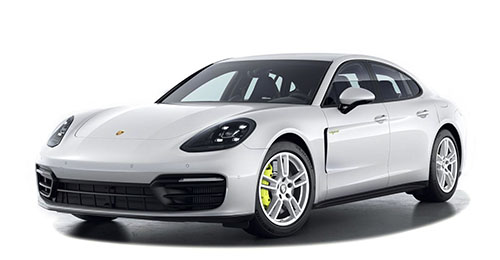 2022 Panamera E-Hybrid
2022 Panamera E-Hybrid
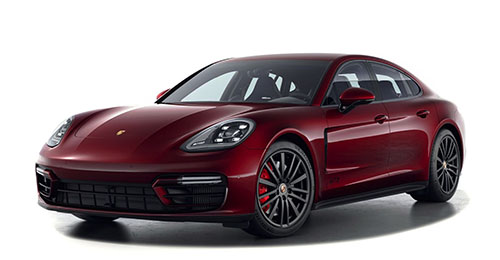 2022 Panamera GTS
2022 Panamera GTS
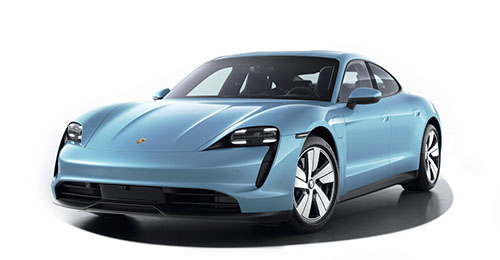 2022 Taycan
2022 Taycan
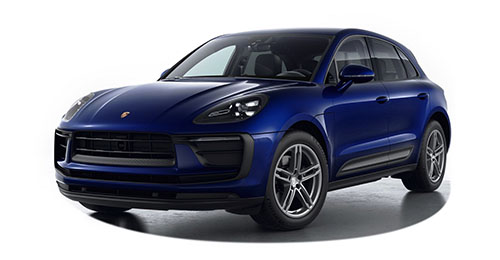 2022 Macan
2022 Macan
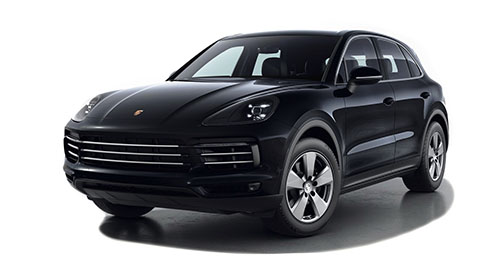 2022 Cayenne
2022 Cayenne
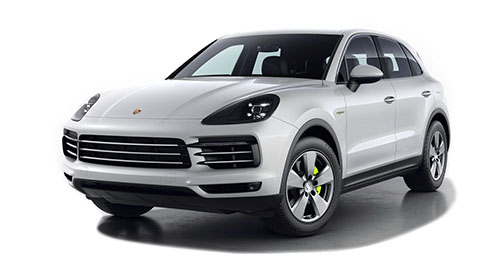 2022 Cayenne E-Hybrid
2022 Cayenne E-Hybrid
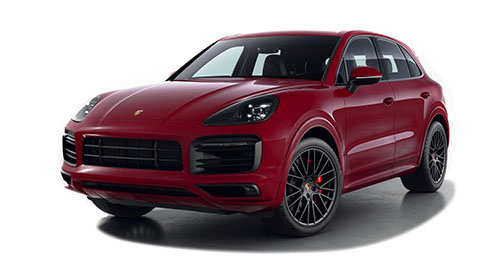 2022 Cayenne GTS
2022 Cayenne GTS
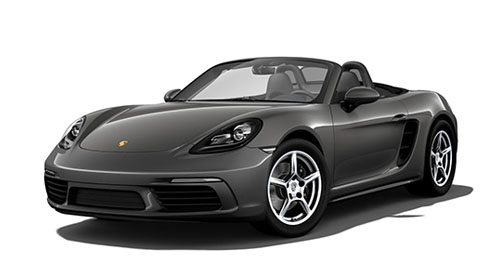 2021 718 Boxster
2021 718 Boxster
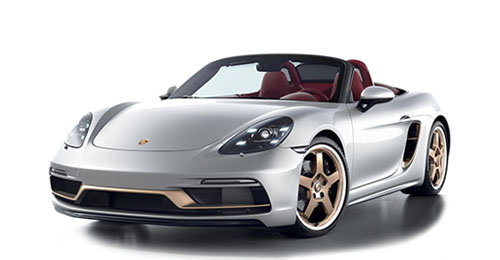 2021 718 Boxster 25 Years
2021 718 Boxster 25 Years
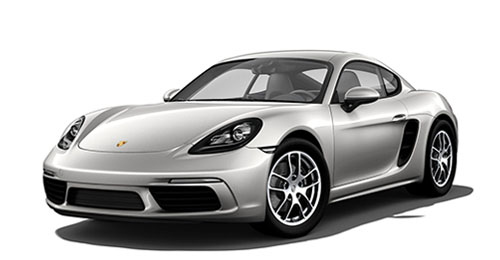 2021 718 Cayman
2021 718 Cayman
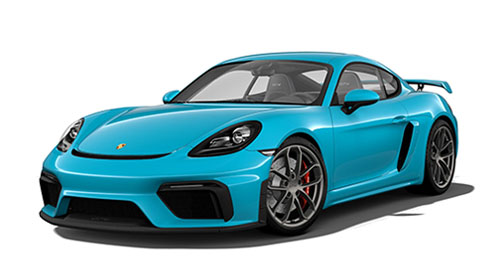 2021 718 Cayman GT4
2021 718 Cayman GT4
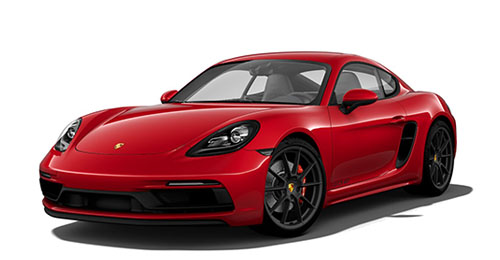 2021 718 GTS 4.0
2021 718 GTS 4.0
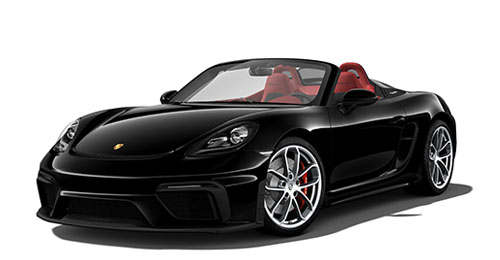 2021 718 Spyder
2021 718 Spyder
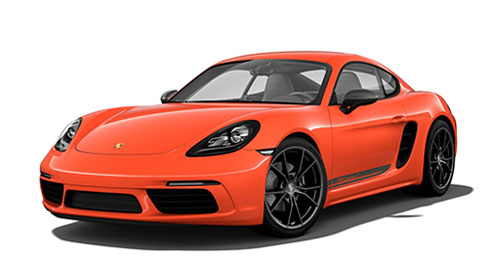 2021 718 T
2021 718 T
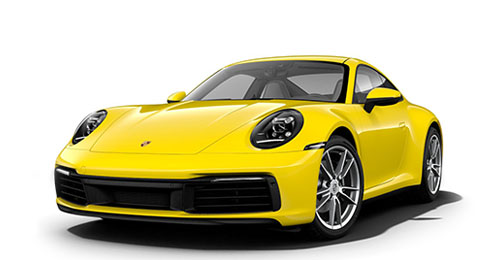 2021 911
2021 911
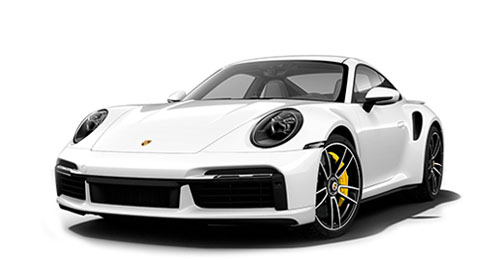 2021 911 Turbo
2021 911 Turbo
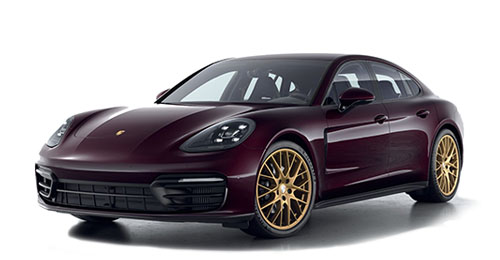 2021 Panamera
2021 Panamera
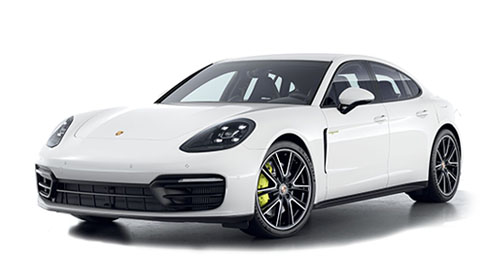 2021 Panamera E-Hybrid
2021 Panamera E-Hybrid
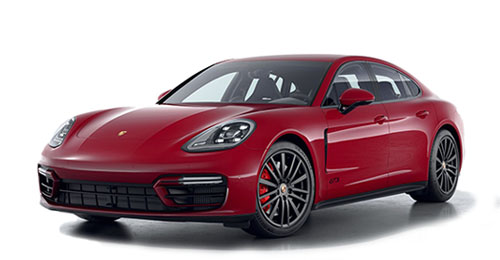 2021 Panamera GTS
2021 Panamera GTS
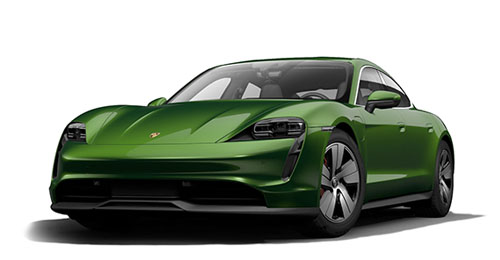 2021 Taycan
2021 Taycan
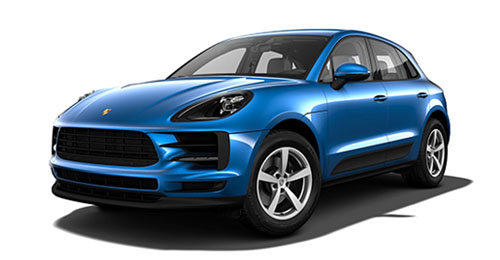 2021 Macan
2021 Macan
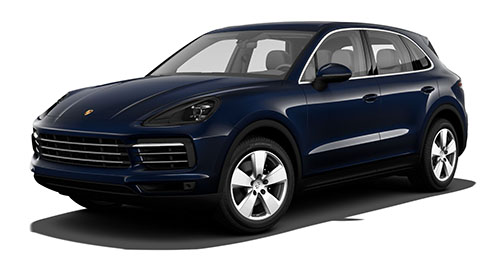 2021 Cayenne
2021 Cayenne
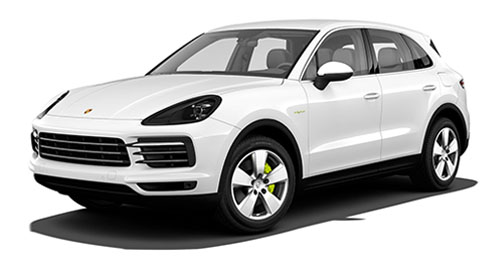 2021 Cayenne E-Hybrid
2021 Cayenne E-Hybrid
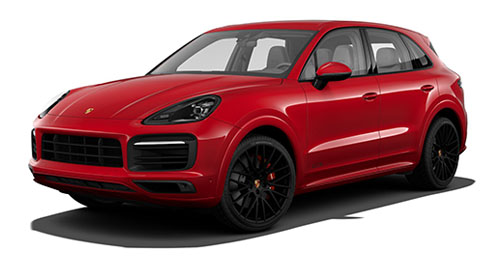 2021 Cayenne GTS
2021 Cayenne GTS
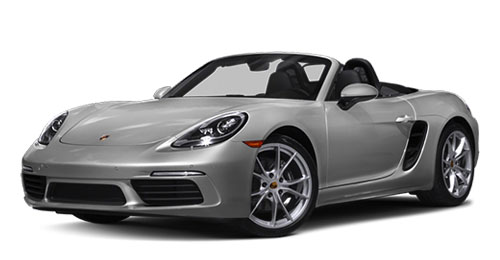 2020 718 Boxster
2020 718 Boxster
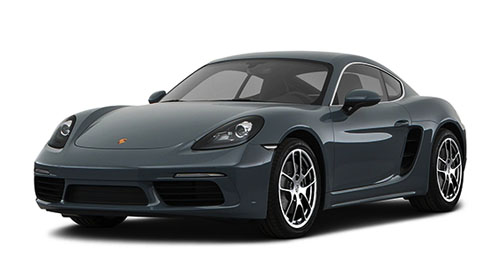 2020 718 Cayman
2020 718 Cayman
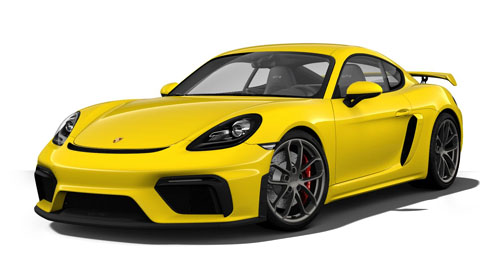 2020 718 Cayman GT4
2020 718 Cayman GT4
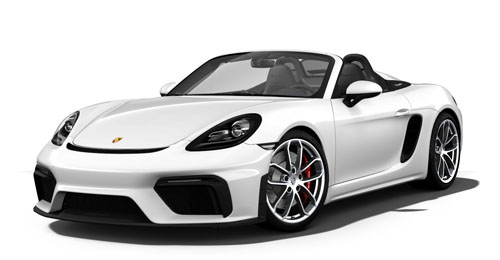 2020 718 Spyder
2020 718 Spyder
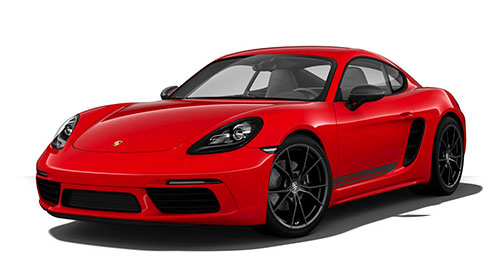 2020 718 T
2020 718 T
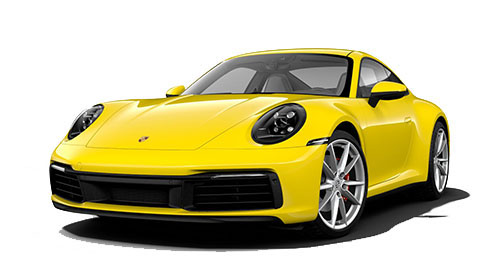 2020 911 Carrera
2020 911 Carrera
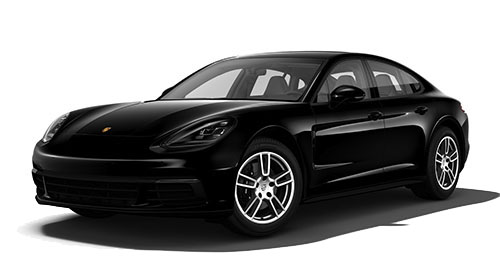 2020 Panamera
2020 Panamera
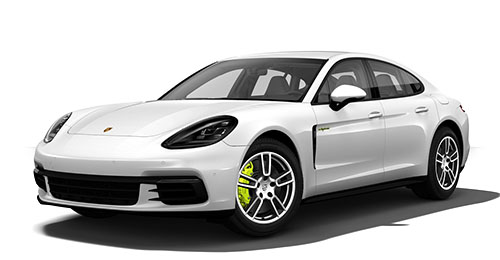 2020 Panamera E-Hybrid
2020 Panamera E-Hybrid
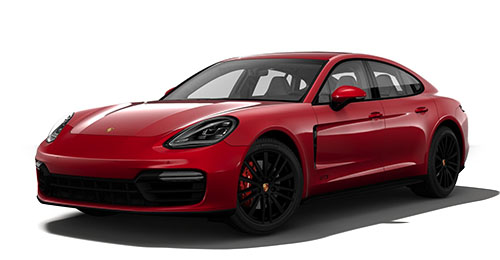 2020 Panamera GTS
2020 Panamera GTS
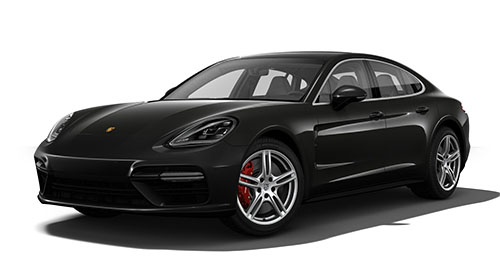 2020 Panamera Turbo
2020 Panamera Turbo
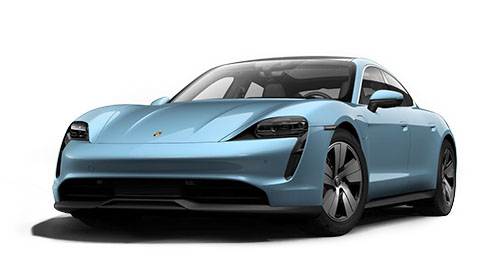 2020 Taycan
2020 Taycan
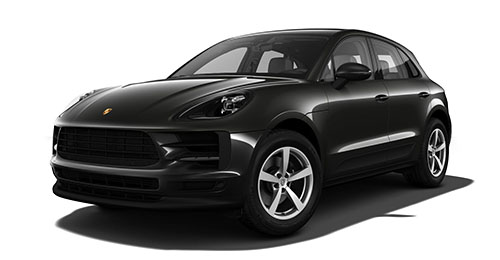 2020 Macan
2020 Macan
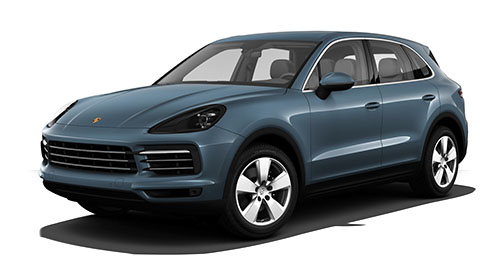 2020 Cayenne
2020 Cayenne
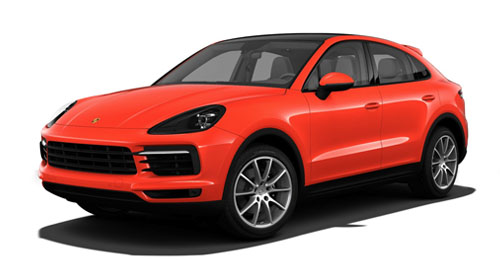 2020 Cayenne Coupe
2020 Cayenne Coupe
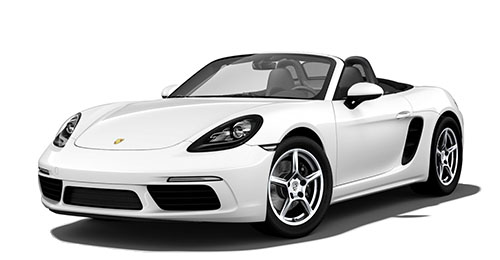 2019 718 Boxster
2019 718 Boxster
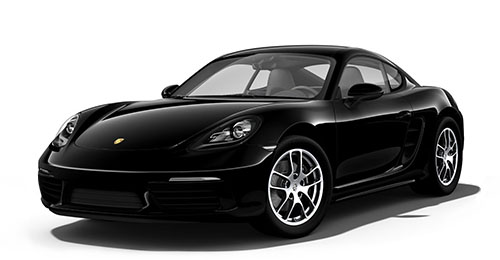 2019 718 Cayman
2019 718 Cayman
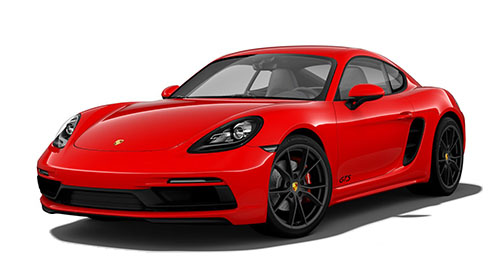 2019 718 GTS
2019 718 GTS
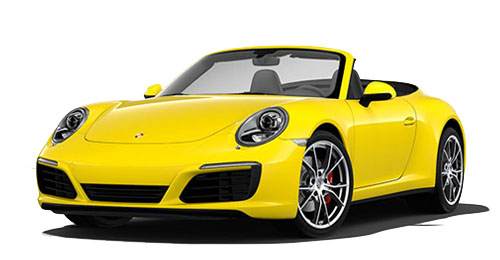 2019 911 Carrera
2019 911 Carrera
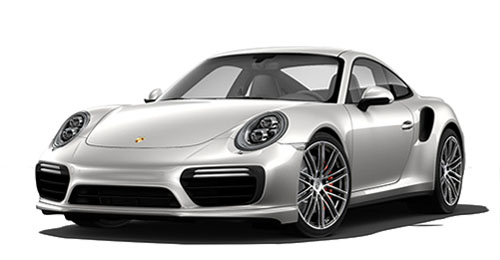 2019 911 Carrera T
2019 911 Carrera T
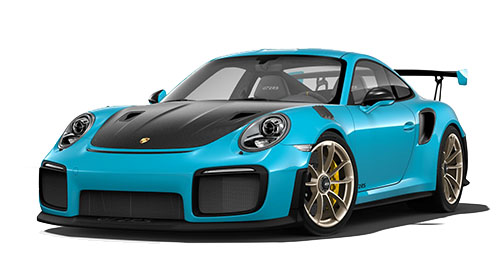 2019 911 GT2 RS
2019 911 GT2 RS
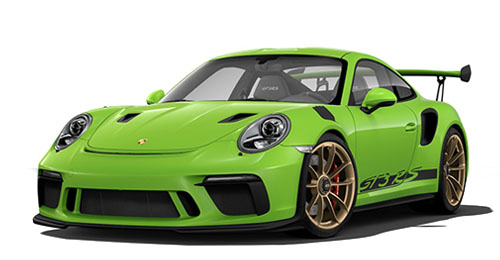 2019 911 GT3
2019 911 GT3
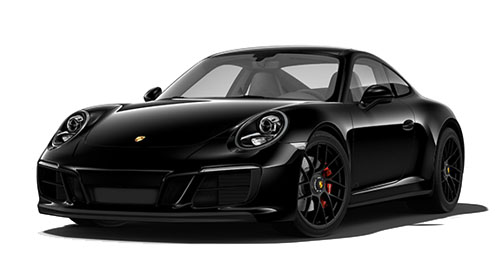 2019 911 GTS
2019 911 GTS
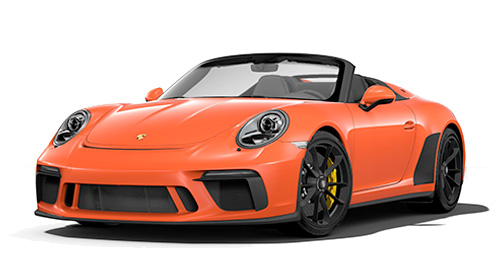 2019 911 Speedster
2019 911 Speedster
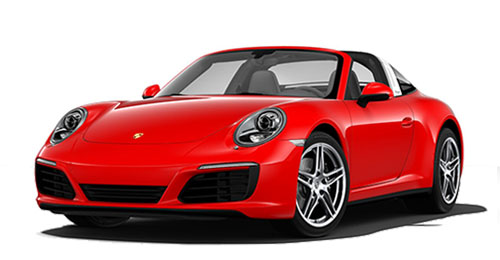 2019 911 Targa 4
2019 911 Targa 4
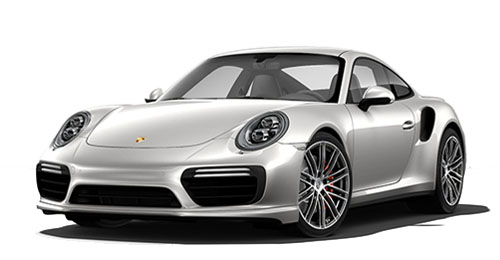 2019 911 Turbo
2019 911 Turbo
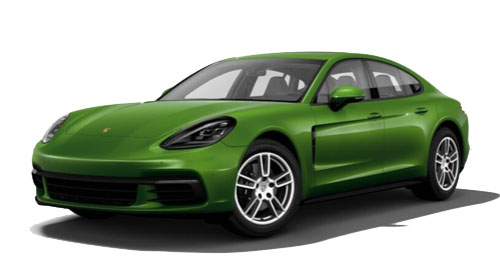 2019 Panamera
2019 Panamera
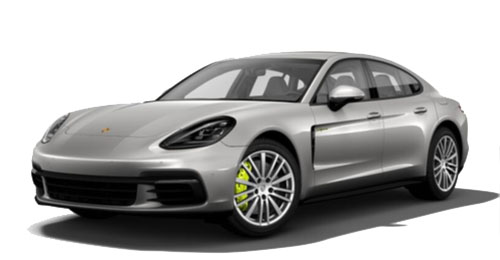 2019 Panamera E-Hybrid
2019 Panamera E-Hybrid
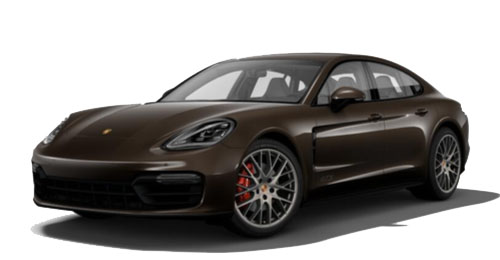 2019 Panamera GTS
2019 Panamera GTS
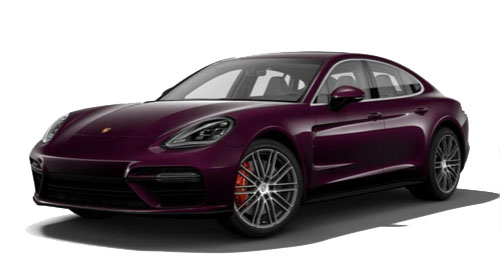 2019 Panamera Turbo
2019 Panamera Turbo
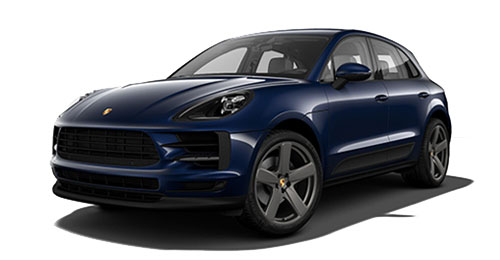 2019 Macan
2019 Macan
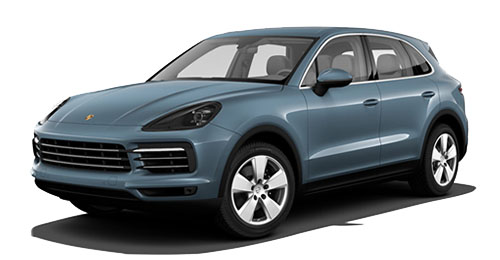 2019 Cayenne
2019 Cayenne
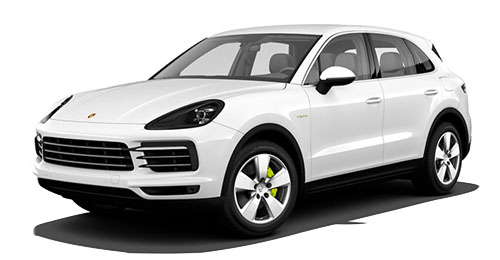 2019 Cayenne E-Hybrid
2019 Cayenne E-Hybrid
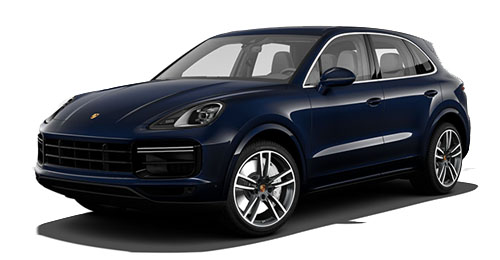 2019 Cayenne Turbo
2019 Cayenne Turbo
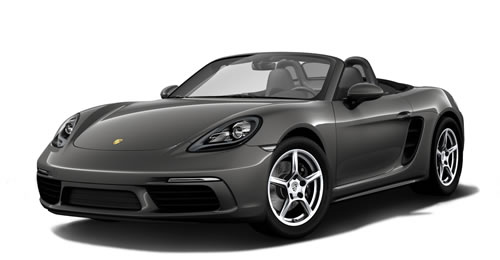 2018 718 Boxster
2018 718 Boxster
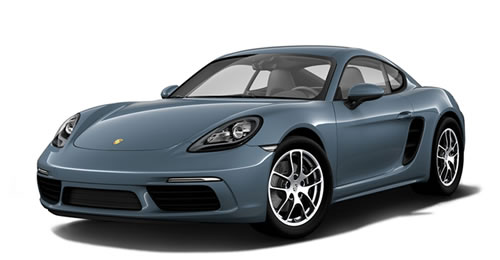 2018 718 Cayman
2018 718 Cayman
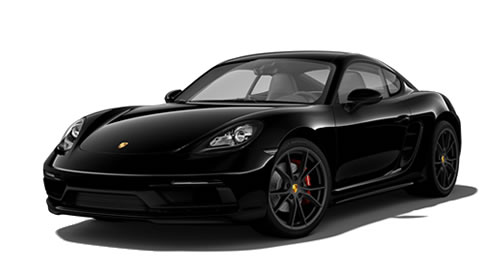 2018 718 GTS
2018 718 GTS
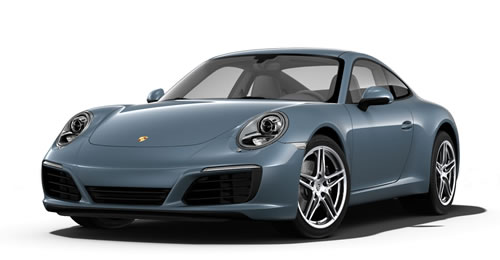 2018 911 Carrera
2018 911 Carrera
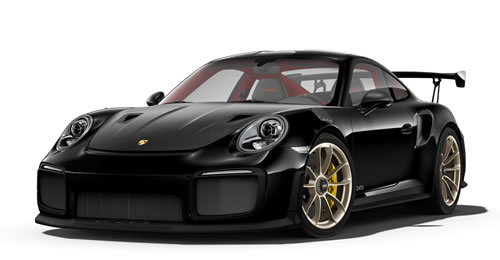 2018 911 GT2 RS
2018 911 GT2 RS
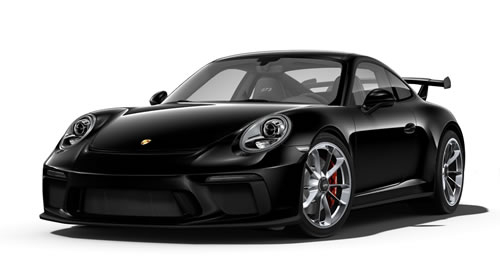 2018 911 GT3
2018 911 GT3
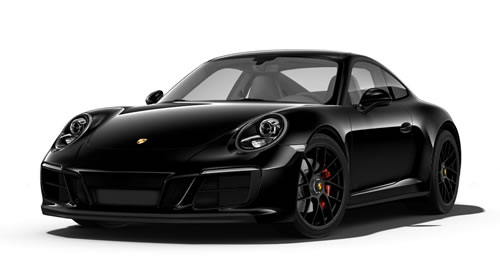 2018 911 GTS
2018 911 GTS
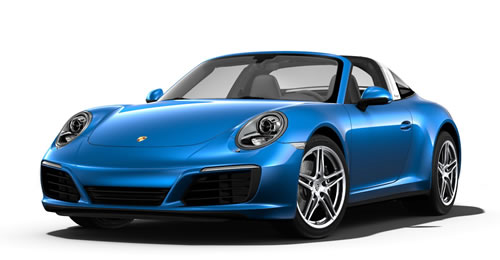 2018 911 Targa 4
2018 911 Targa 4
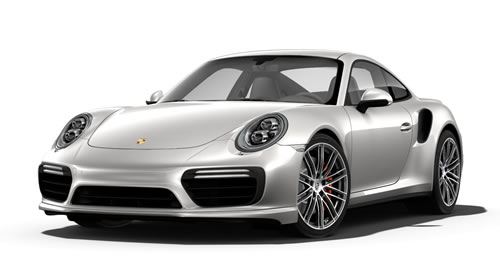 2018 911 Turbo
2018 911 Turbo
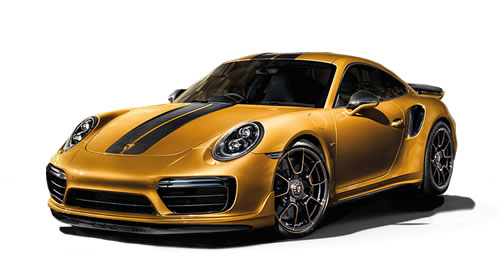 2018 911 Turbo S Exclusive
2018 911 Turbo S Exclusive
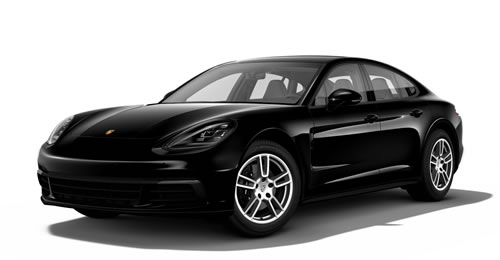 2018 Panamera
2018 Panamera
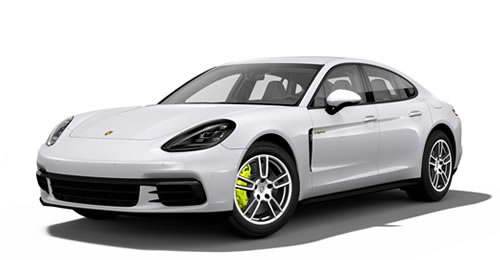 2018 Panamera E-Hybrid
2018 Panamera E-Hybrid
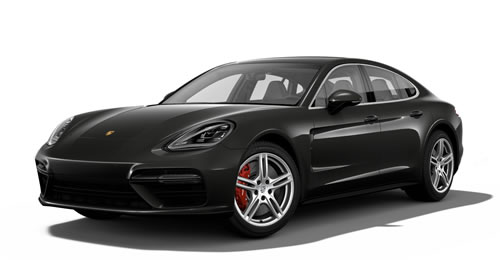 2018 Panamera Turbo
2018 Panamera Turbo
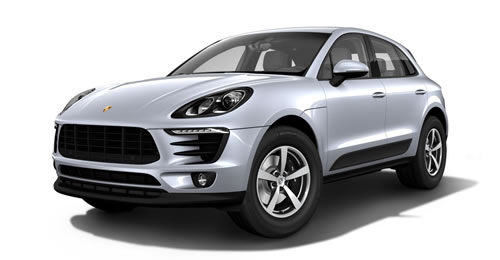 2018 Macan
2018 Macan
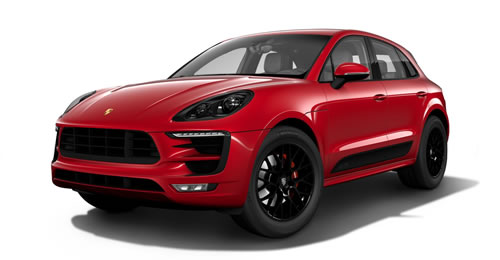 2018 Macan GTS
2018 Macan GTS
 2018 Macan Turbo
2018 Macan Turbo
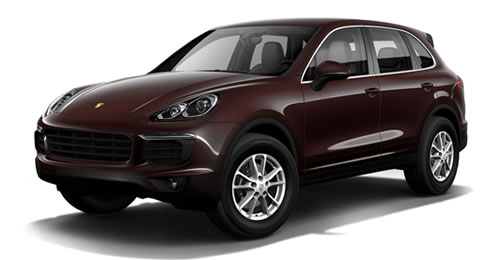 2018 Cayenne
2018 Cayenne
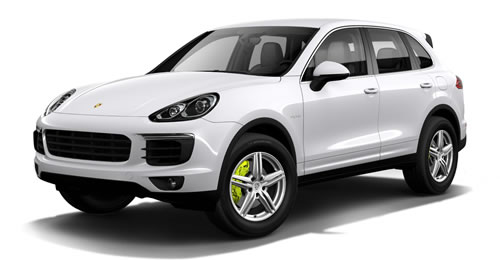 2018 Cayenne E-Hybrid
2018 Cayenne E-Hybrid
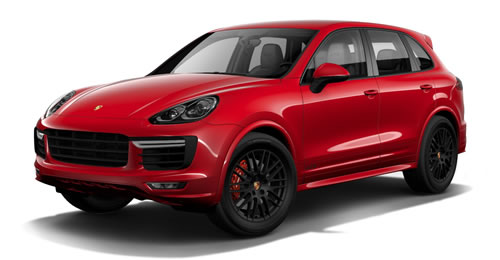 2018 Cayenne GTS
2018 Cayenne GTS
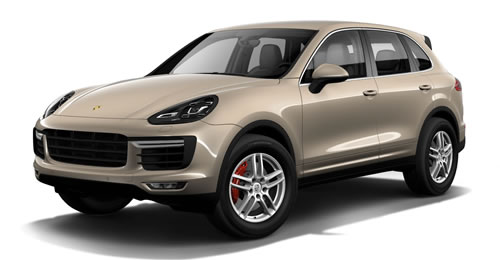 2018 Cayenne Turbo
2018 Cayenne Turbo
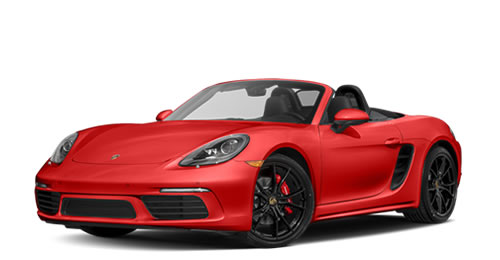 2017 718 Boxster
2017 718 Boxster
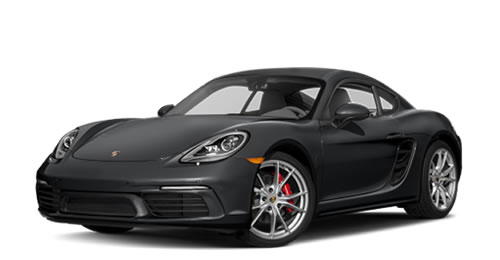 2017 718 Cayman
2017 718 Cayman
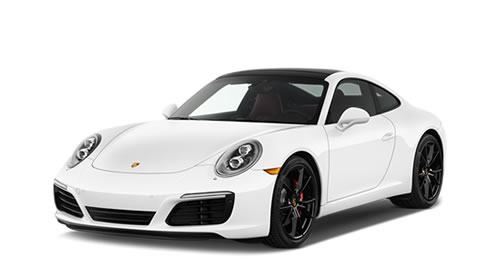 2017 911 Carrera
2017 911 Carrera
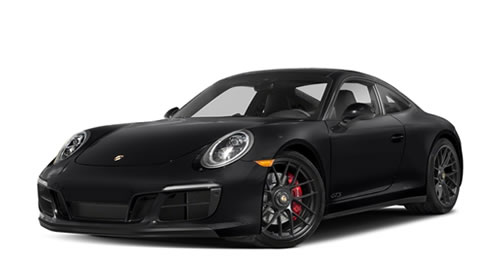 2017 911 GTS
2017 911 GTS
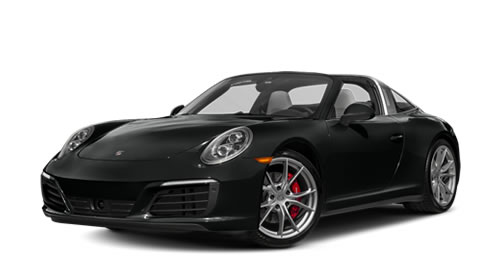 2017 911 Targa
2017 911 Targa
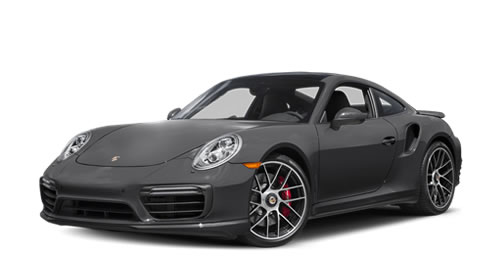 2017 911 Turbo
2017 911 Turbo
 2017 Panamera
2017 Panamera
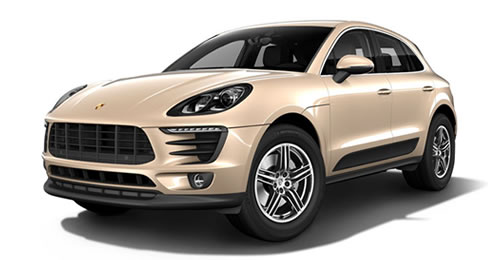 2017 Macan
2017 Macan
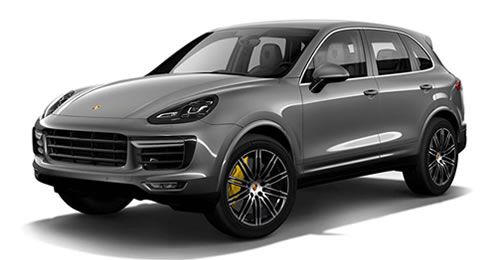 2017 Cayenne
2017 Cayenne
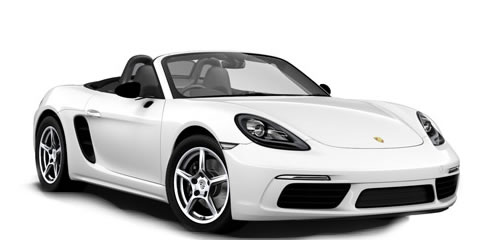 2016 Boxster
2016 Boxster
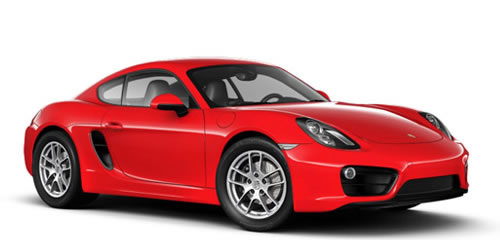 2016 Cayman
2016 Cayman
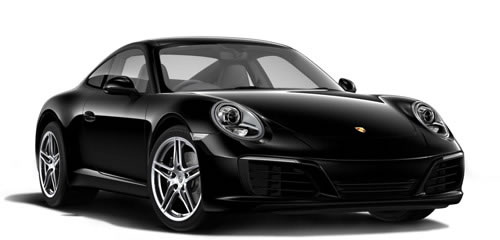 2016 911
2016 911
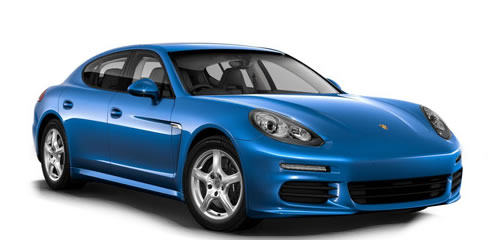 2016 Panamera
2016 Panamera
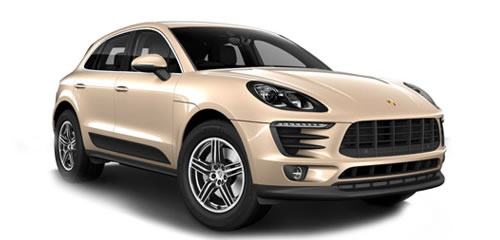 2016 Macan
2016 Macan
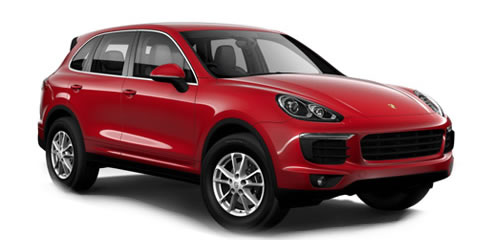 2016 Cayenne
2016 Cayenne
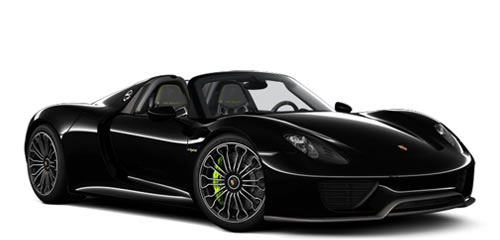 2015 918 Spyder
2015 918 Spyder
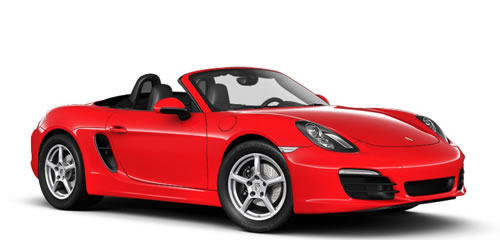 2015 Boxster
2015 Boxster
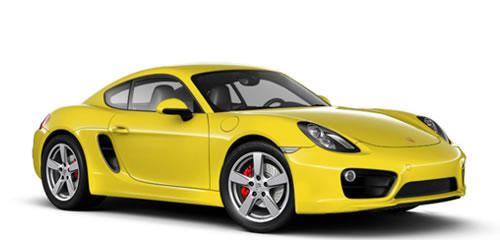 2015 Cayman
2015 Cayman
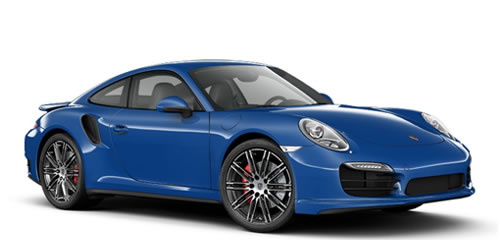 2015 911
2015 911
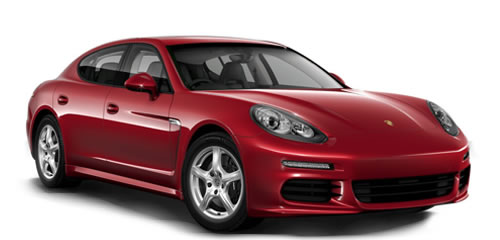 2015 Panamera
2015 Panamera
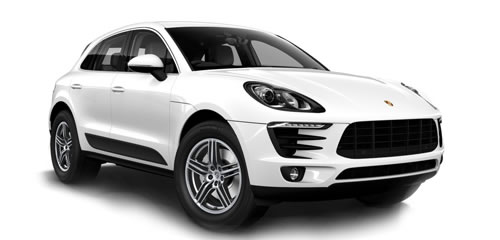 2015 Macan
2015 Macan
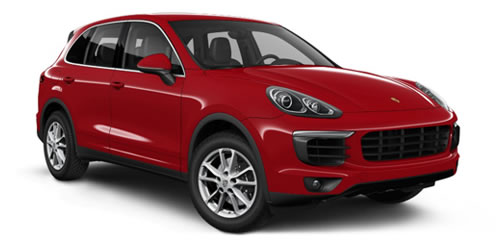 2015 Cayenne
2015 Cayenne

